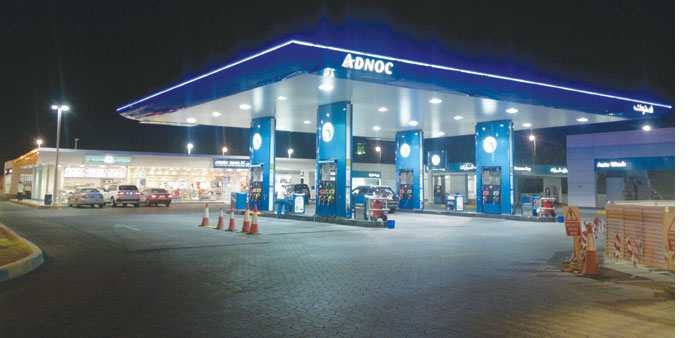State-run Abu Dhabi National Oil Co (Adnoc) will hold the event at the St Regis Singapore hotel on September 9 during the annual Asia Pacific Petroleum Conference, according to an announcement obtained by Bloomberg.
Bloomberg/Dubai
Abu Dhabi’s oil marketers plan to host a reception for buyers during an energy trading conference next month in Singapore, a push by the Gulf emirate to raise market share amid a global supply glut.
State-run Abu Dhabi National Oil Co will hold the event at the St Regis Singapore hotel on September 9 during the annual Asia Pacific Petroleum Conference, according to an announcement obtained by Bloomberg. Adnoc, as the company is known, doesn’t usually host such events during the conference.
“Adnoc is trying to be more assertive as they need to grab more market share for their crude oil streams,” Tom James, managing director at London-based consultant Navitas Resources, said by e-mail. “After Opec’s November 2014 meeting, it appears to be every producer for themselves.”
The 12-nation Organisation of Petroleum Exporting Countries decided last year and again in June not to decrease output even during the global crude glut in order to defend market share. Abu Dhabi is raising crude production capacity and making more oil products available for export after expanding a refinery.
Crude oil prices have plunged by more than half since last year when prices hit $115 a barrel in June. Saudi Arabia and other Gulf producers cut price levels for oil sales to Asia to defend market share from shale deposits in the US and other non-Opec sellers like Russia.
The UAE, of which Abu Dhabi is the capital, is Opec’s fifth-largest producer. Abu Dhabi plans to boost oil output capacity to 3.5mn bpd by about 2019 from almost 3mn now, Ali Rashid al-Jarwan, the head of one of Adnoc’s offshore production units, said on June 3. The UAE and Saudi Arabia, Opec’s top producer, started 3 refineries over the last two years, adding 1.2mn bpd of fuel-processing capacity. That boosted capacity to produce transport fuels in Gulf Arab countries by about 25% and is increasing exports of products like diesel.

